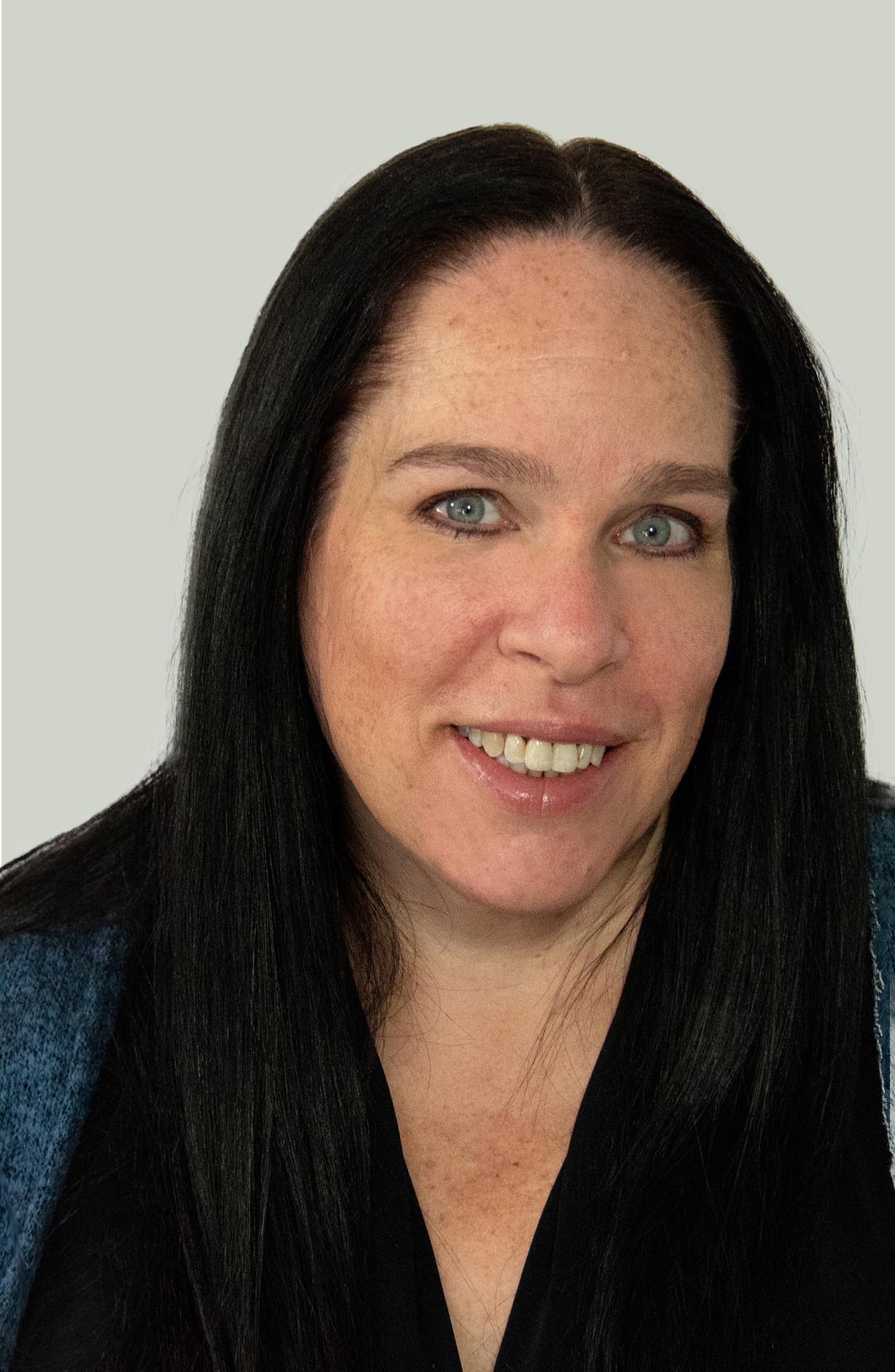It’s a sunny afternoon, and you’re sitting with your mother in her favorite armchair, sipping tea. You’ve always cherished these moments, but lately, they’ve become tinged with worry. You’ve noticed her forgetfulness increasing, her confusion deepening. You suspect it’s the onset of dementia, and you’re grappling with a difficult question: How do you convince her to accept help?
This is a common scenario for many adult children. The role of a caregiver is often thrust upon them unexpectedly, the cognitive decline comes on faster than expected and they find themselves navigating the complex world of dementia care. A common struggle within many families is how to approach this sensitive topic, not just for the parent, but also for the adult child.
The Loving Burden of Caregiving
Caring for a parent with dementia is a demanding task. It’s not just about managing their physical needs, but also dealing with emotional and cognitive changes. The strain can lead to mental and physical health problems for the caregiver, including depression, social isolation, and financial hardships. In fact, according to the CDC, nearly one in three dementia caregivers report that their responsibilities have negatively impacted their health.
Studies show that adult-child caregivers often anticipate future caregiving burdens, which can negatively affect their own health and the care recipients. Around 17% of all adult children end up providing care to their aging parents, and this anticipatory burden can lead to anxiety, worry, and sleep problems.
When You Know It’s Time to Have the Conversation
Some signs that a family member may be experiencing caregiver burnout include:
- Lack of Energy and Overwhelming Fatigue: Caregivers may feel constantly tired and depleted, both physically and emotionally.
- Sleep Problems and Changes in Eating Habits: This can manifest as either too much or too little sleep, as well as significant changes in appetite and weight.
- Feelings of Hopelessness and Withdrawal from Activities: Caregivers may lose interest in activities they once enjoyed and feel a sense of hopelessness about the future.
- Neglecting Personal Needs and Becoming Unusually Impatient or Irritable: Caregivers may prioritize the needs of their loved one over their own, leading to neglect of their own physical and emotional well-being. They may also become unusually impatient, irritable, or argumentative.
- Anxiety, Depression, and Difficulty Coping with Everyday Things: Caregivers may experience heightened anxiety, depression, mood swings, and find it challenging to cope with daily tasks.
- Physical Problems and Lowered Resistance to Illness: Caregiver burnout can lead to physical issues such as headaches, stomachaches, and a weakened immune system.
- Declining Health and Social Withdrawal: Caregivers may neglect their own health, leading to declining physical well-being, and may withdraw from social interactions.
It’s important for family members to be aware of these signs and offer support to caregivers who may be experiencing burnout. Encouraging them to seek help, take breaks, and prioritize their own well-being can be crucial in preventing and addressing caregiver burnout.
Finding Your Support First
The saying goes that you can’t fill a cup from an empty vessel. While you continue to try to provide compassionate care, love and support to your family member with dementia, on top of your day to day responsibilities, you need to find ways to fill your cup and recharge.
Finding support groups for caregivers, including those caring for aging parents, can be crucial for obtaining emotional, educational, and practical assistance. Here are some options for both local and online support groups:
Online Support Groups
- Alzheimer’s and Dementia Caregivers Support Groups: Online platforms like the Alzheimer’s Association website, ALZConnected, and Facebook groups offer 24-hour helplines, unmoderated groups, and forums specifically tailored to caregivers of individuals with Alzheimer’s and other dementias.
- Parenting Aging Parents: Is a wonderful, supportive Facebook group where you can get many answers to your questions.
- Memory People: Another online support group that provides a platform for caregivers to connect, share experiences, and offer support.
In-Person Support Groups
- Local Alzheimer’s Caregiver Support Groups: Many in-person support groups focus on specific conditions and circumstances, such as Alzheimer’s caregiver support groups. The Alzheimer’s Association’s map feature can help locate these groups nearest to a caregiver’s location.
The Role of Professional Caregivers
Professional caregivers play a vital role in supporting older adults and enhancing their quality of life. They provide support in numerous ways, including monitoring health, creating a safer environment, providing companionship, and allowing respite for the families of their patients. They can also provide specialized care for seniors with dementia, navigating the ever-evolving changes that come with this condition.
Without the assistance of a trained caregiver, many older adults could not live safely and comfortably in their homes. The presence of a professional caregiver can alleviate the burden on family caregivers, allowing them to maintain their own well-being while ensuring their loved ones receive the care they need. This does not mean you have to start with 24/7 care but you may want support for a few hours a day to get started to reduce your stress and potential burnout.
Convincing Your Parent: A Compassionate Approach
Convincing a parent to accept help from a professional caregiver can be challenging, especially when they are in denial about their condition. Here are some tips on how to approach this conversation:
- Avoid Confrontation: Attempting to convince your loved one that they have dementia can lead to denial. Instead, address the problem without judging their behavior and offer solutions to the problems.
- Minimize Background Noise: Remove or reduce distractions. However, sometimes background music can occasionally be helpful without words.
- Choose Your Words Carefully: Tread lightly, avoid power struggles, and always focus on the positives.
- Acknowledge Their Feelings: Understand that this is a massive transition for them. Be patient and give them time to accept the gravity of the situation.
- Recruit a Professional for Help: Sometimes a loved one feels more comfortable talking about their problems with a professional.
- Focus on the Family’s Needs: Turn the focus towards getting support for their friends and family. You can discuss how the caregiver can begin by helping with household chores such as cleaning, laundry, meal preparation, transportation and others.
Dos and Don’ts When Communicating with Someone with Dementia
When communicating with someone with dementia, it’s important to be patient, respectful, and understanding. Here are some dos and don’ts:
- Do use simple, clear sentences and speak slowly.
- Don’t argue or try to convince them of something they may not remember. It is best to try and stay in their reality.
- Do listen to their concerns and validate their feelings.
- Don’t ask, “Why are you acting so difficult?” Instead ask, “Could you tell me more about how you feel?”.
- Do sit with them at eye level when assisting with meals or other tasks to convey a feeling of compassion.
Convincing a parent with dementia to accept help from a professional caregiver is a delicate task. It requires patience, understanding, and a focus on the needs of the family as a whole. By emphasizing the importance of professional caregivers, we can ensure that our loved ones receive the care they need while also taking care of our own well-being. Seeking help is not a sign of weakness, but a step towards ensuring the best possible care for our loved ones. It is important for the family to be family while letting the professional caregivers take care of the care.
📸 Photo by cottonbro studio.

From a young age, Stacey’s link to the senior care industry grew alongside her mother’s work at a nursing home, where she often accompanied her. By her early teens, she secured her first official job at a nursing home, laying the foundation for a profound journey in senior care spanning over four decades. Her roles varied from opening assisted living and memory care residences to working in nursing homes and independent senior living communities. As the former Director of Fun for 300 independent seniors, she expertly organized daily events and trips. Stacey’s unwavering passion, nurtured by her family, and professional dedication as a recreation therapist, reflect her deep commitment to preserving the dignity and well-being of seniors.
Stacey’s senior care expertise has been recognized by the media including U.S. News and World Report and Care.com.
Stacey and her husband Bryan are the owners of the senior in-home care agency A Place At Home – North Austin.




